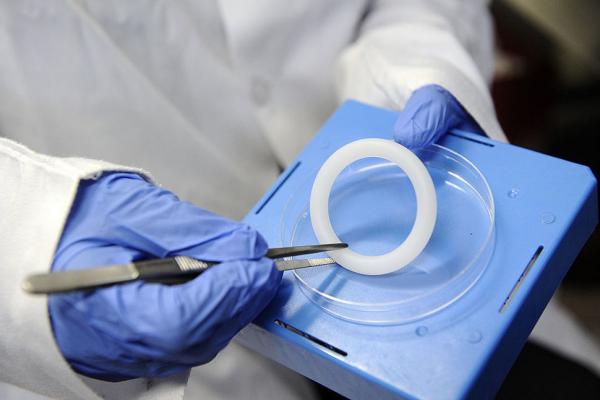According to data presented at the AIDS 2016 conference, the dapivirine vaginal ring can significantly reduce the transmission of HIV infection in women.
After two large clinical trials were conducted and analysed in Africa, researchers found that HIV risk was cut by at least 56% in women who used the monthly ring consistently. Additional subgroup analyses of women who appeared to use the ring the most suggest that the product reduced HIV risk by 75% or more.
The dapivirine vaginal ring is modeled similarly to the type used for birth control, but contains an experimental drug called dapivirine, which provides protection against HIV for about a month by slowly releasing chemicals that keep the virus from growing.
Despite advances in antiretroviral therapy and preexpsure prophylazis, HIV continues to spread at alarming rates among women in sub-Saharan Africa, where men often refuse to wear condoms during sex. Wearing a ring without their partner’s knowledge can give women more control over whether they risk getting infected. Women make up half of the 25.8 million people who are infected with HIV in sub-Saharan Africa.

